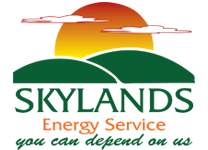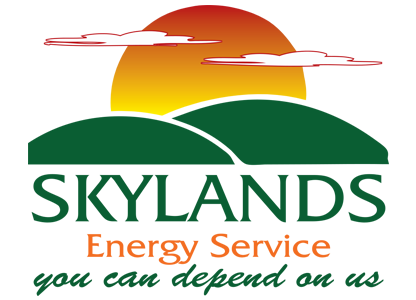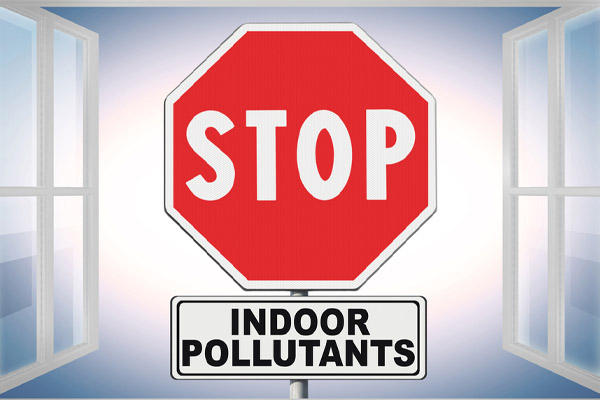
You can still make your home cleaner and safer regardless of how clean you keep it. While most homes can improve indoor air quality with the use of their air filters from their HVAC system and maybe even a whole-house air filtration system, there is always more we can do to achieve better results. If you haven’t considered enhancing indoor air quality, now may be the time to look closely at some of the household products you are using. This is because they may be causing more harm than good. It may sound surprising, but many products you have trusted for a long time cause indoor air pollution and may not be as safe as you think. Keep reading to learn more about how several common household products can significantly lower indoor air quality and what can be done instead.
What Is Indoor Air Quality?
Table of Contents
Indoor air quality (IAQ) is the air condition inside or around a building, like a home or a commercial structure. It is linked to the occupants’ health and comfort. Indoor air becomes safer and easier to breathe when you have good indoor air quality.
IAQ is a primary concern for a home, especially when it is home to vulnerable people like young children, the elderly, or people whose immunity is compromised. If the indoor air has high moisture or pollutant levels, it can cause a higher risk of health issues like respiratory problems and allergies. This is why homes and commercial buildings should meet the standards for indoor air quality.
Learn how pollutants get inside your home so you can get rid of indoor air quality issues. You can use household products that significantly lower the indoor air’s cleanliness.
Household Products That Affect IAQ
Here are some household products that impact your IAQ:
Cleaning Products
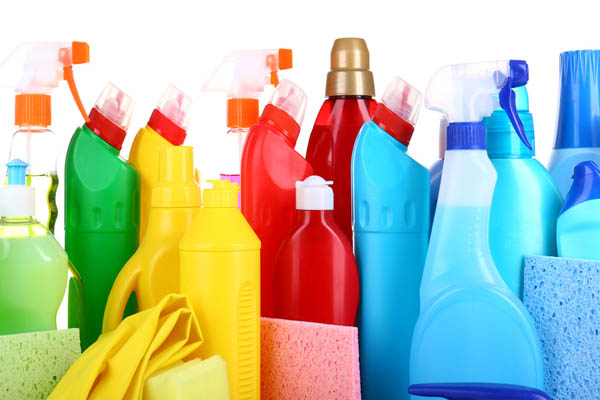
Many commercial cleaning products use chemicals that can harm a person’s health and the environment. Cleaning supplies may be formulated with ammonia, bleach, volatile organic compounds (VOCs), and strong synthetic fragrances that can lower your home’s IAQ. They can also lead to a strong reaction, especially if mixed with other chemicals.
Solution: Select cleaning products with environmentally-friendly ingredients to enhance indoor air quality. You should also avoid products that have harmful chemicals. If possible, utilize natural cleaners like baking soda or vinegar.
Paint
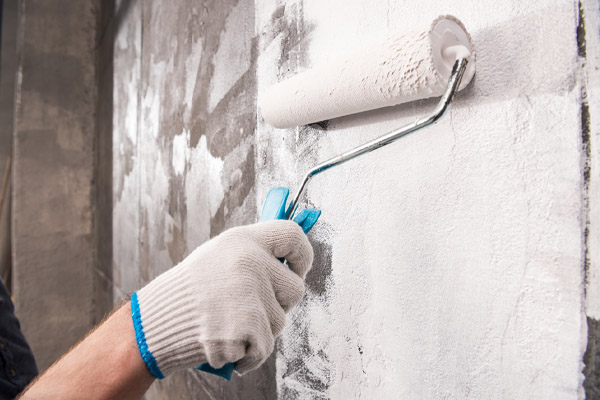
You may be breathing in something unsafe if you can smell fresh paint. Many paints sold and used today contain VOCs with carbon compounds that can turn into vapor. They can react with other elements and generate ozone when mixed with the air. This increases air pollution that you may breathe in as the paint will continuously release VOCs into the air as it dries.
Solution: You can keep your indoor air clean when you choose to use low-VOC paint. You should look for zero-VOC paint. Your lungs will be thankful when you do so.
Aerosol Sprays
Many products come in aerosol sprays, including fragrances, deodorant, hairspray and hair treatments, and shaving cream. Cooking oil can also come in aerosol spray cans. They are also a little suspect because chemicals, such as artificial flavoring, a type of silicone to keep oil from foaming, and propellants like butane, isobutane, and propane, are added to them.
Aerosol sprays propel small liquid drops through the air. If the liquid has harmful ingredients, it must be considered unsafe. Over three decades ago, aerosol sprays were exposed to polluting substances and deemed an environmental threat.
Solution: Limit the use or avoid using aerosol sprays if possible to prevent adding irritants to the air. Many products come in other forms, so they are safe to use and have little to no impact on your home’s IAQ.
Related Article: Simple Tips For Pet Owners To Improve Their Indoor Air Quality
Candles

Candles may seem harmless, but they have health risks. Fortunately, only candles made from paraffin wax are bad. Paraffin is a by-product of coal oil, shale, or petroleum. Candles are harmless on their own, but they emit carcinogenic compounds into the air when burnt. One study even found that paraffin wax candles can produce fumes related to asthma and lung cancer.
Solution: Don’t use paraffin wax candles regularly. If you do, consider candles made of more natural ingredients like beeswax.
Related Article: What Happens If You Don’t Change Your Air Filter?
Air Fresheners
Many of us have grabbed an air freshener can before to remove foul odors in our homes. However, air fresheners also have harmful ingredients. Some can generate over 100 different chemical types, many of which are toxic to our health. These chemicals can react with other elements in the air in your home and generate even more toxic compounds. Some people may cough or sneeze when inhaling even the tiniest air freshener. The mist from the air freshener can also cause irritation, redness, or itchiness when it comes to contact with your skin.
It may seem contradictory that a product for “freshening” the air can cause IAQ issues, but it isn’t surprising. Air fresheners have fragrances, propellants, and various additives that may reduce indoor air quality.
Solution: Use natural ingredients to eliminate foul odors to enhance indoor air quality.
Related Article: Air Quality, Air Filters & MERV Ratings: What You Need To Know
Candles

Candles may seem harmless, but they have health risks. Fortunately, only candles made from paraffin wax are bad. Paraffin is a by-product of coal oil, shale, or petroleum. Candles are harmless on their own, but they emit carcinogenic compounds into the air when burnt. One study even found that paraffin wax candles can produce fumes related to asthma and lung cancer.
Solution: Don’t use paraffin wax candles regularly. If you do, consider candles made of more natural ingredients like beeswax.
Related Article: 7 Reasons Your Filter Isn’t Improving Your Indoor Air Quality
Dry Cleaning
Dry cleaning utilizes an organic solvent to eliminate dirt, stains, and unpleasant odors. Solutions used for dry cleaning can also be quite toxic, especially to individuals with pre-existing health conditions involving the lungs, heart, liver, or kidneys. Perchloroethylene (PERC) is a type of VOC, and it is the most problematic type of ingredient. It is especially problematic if there is extended exposure to the chemical or if it happens over an extended period.
Solution: If you cannot avoid dry cleaning, unwrap dry-cleaned clothes outdoors and leave them there for several minutes so the harmful chemicals can be released. Make sure you go to a reputable dry cleaning business. Don’t hesitate to complain if you notice a strong odor from your dry-cleaned clothes.
Conclusion
Proper IAQ management should include being aware of the types of products that can cause problems with your indoor air quality. Your health and safety aren’t the only ones that will benefit from maintaining safe indoor air. It is also needed for the proper maintenance of the environment. Taking small steps can significantly impact your life, and being active will ensure your home and family remain safe and comfortable.
Related Article: How To Avoid A Carbon Monoxide Leak In Your Home
Call Skylands Energy Service For Your Heating & Air Conditioning Requirements
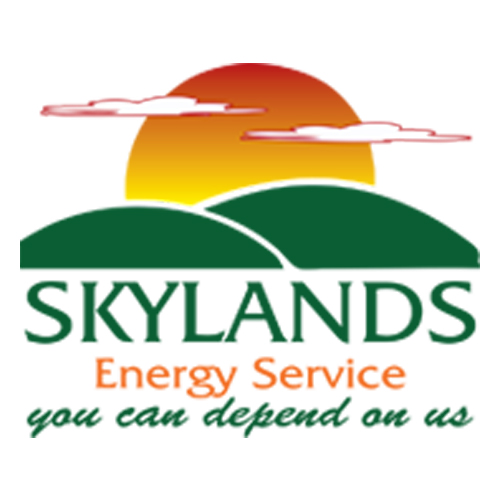 For superior heating and cooling services in central New Jersey, make sure to call Skylands Energy Service. We employ the best professionally certified technicians who can perform excellent HVAC maintenance, replacements, repairs, and installations. Our friendly techs have the experience, knowledge, and skills to service any HVAC system correctly. Our company offers the area’s most competitive heating and cooling service prices. Let us help you improve your comfort and efficiency while reducing your energy expenses.
For superior heating and cooling services in central New Jersey, make sure to call Skylands Energy Service. We employ the best professionally certified technicians who can perform excellent HVAC maintenance, replacements, repairs, and installations. Our friendly techs have the experience, knowledge, and skills to service any HVAC system correctly. Our company offers the area’s most competitive heating and cooling service prices. Let us help you improve your comfort and efficiency while reducing your energy expenses.
Likewise, we can help you find practical solutions to enhance indoor air quality. If your HVAC system requires replacement or repair, we can recommend the best one for your home within your budget. All of our work is guaranteed because your satisfaction is important to us. Don’t hesitate to call Skylands Energy Service to schedule a service appointment. We offer free, in-home estimates. Call now!
Contact us now at (908) 707-1776 to find out more! Click the link to view our service area.
